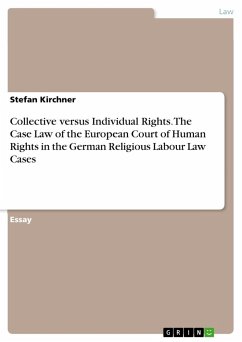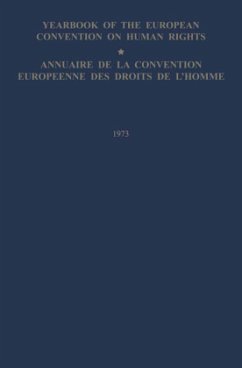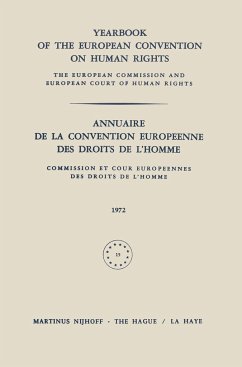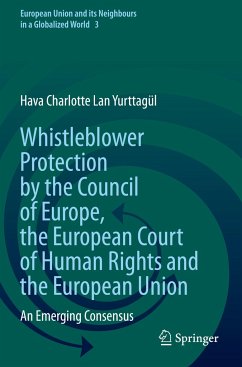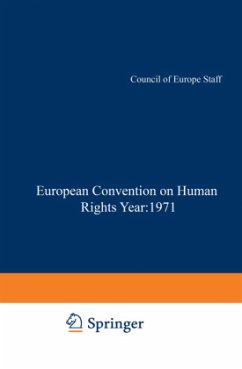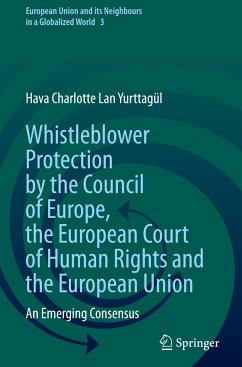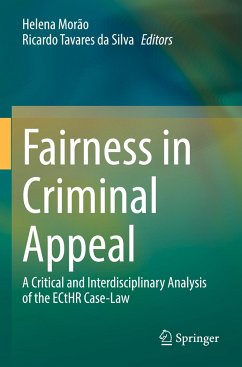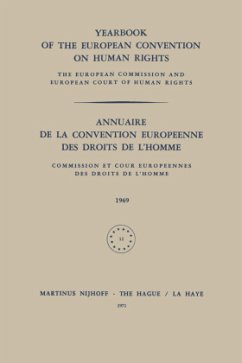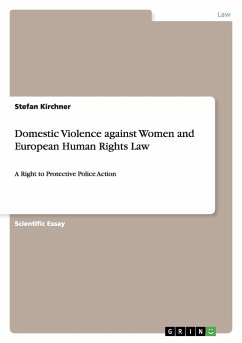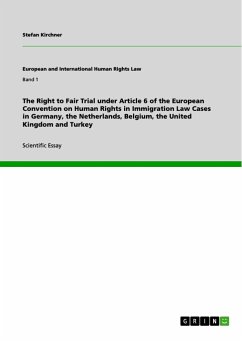
The Right to Fair Trial under Article 6 of the European Convention on Human Rights in Immigration Law Cases in Germany, the Netherlands, Belgium, the United Kingdom and Turkey

PAYBACK Punkte
0 °P sammeln!
Scientific Essay from the year 2011 in the subject Law - European and International Law, Intellectual Properties, , course: Rechtswissenschaft (Völkerrecht), language: English, abstract: Is the right to fair trial applicable to immigration law cases? In this essay, we will see that the situation in Germany, the Netherlands, Belgium, the United Kingdom and Turkey differs significantly from the situation in the other states which are parties to the European Convention on Human Rights (ECHR). It is the aim of this text to provide lawyers in those countries with a short guidance as to how to appr...
Scientific Essay from the year 2011 in the subject Law - European and International Law, Intellectual Properties, , course: Rechtswissenschaft (Völkerrecht), language: English, abstract: Is the right to fair trial applicable to immigration law cases? In this essay, we will see that the situation in Germany, the Netherlands, Belgium, the United Kingdom and Turkey differs significantly from the situation in the other states which are parties to the European Convention on Human Rights (ECHR). It is the aim of this text to provide lawyers in those countries with a short guidance as to how to approach both the European Court of Human Rights but also - and even more importantly - domestic courts with regard to this issue. In particular the high caseload of immigation law courts as well as a lack of knowledge about the Convention make it necessary for practising lawyers to be informed about the rights of their clients. This article is designed as a practical guide and first reference paper for lawyers to assess the prospect of cases dealing with rights of migrants. The first part of this article will deal with ratione loci of the ECHR and its fundamental jurisprudence focusing on the special issues appearing in the context of migration law. In the second part the right to a fair trial under Art. 6 ECHR will be addressed including recent rulings of the Court and fundamental questions regarding the administrative procedure of granting asylum. The final part will be dealing with the rights of asylum seekers in countries which did not ratify Protocol 7 and the consequences this fact entails.




